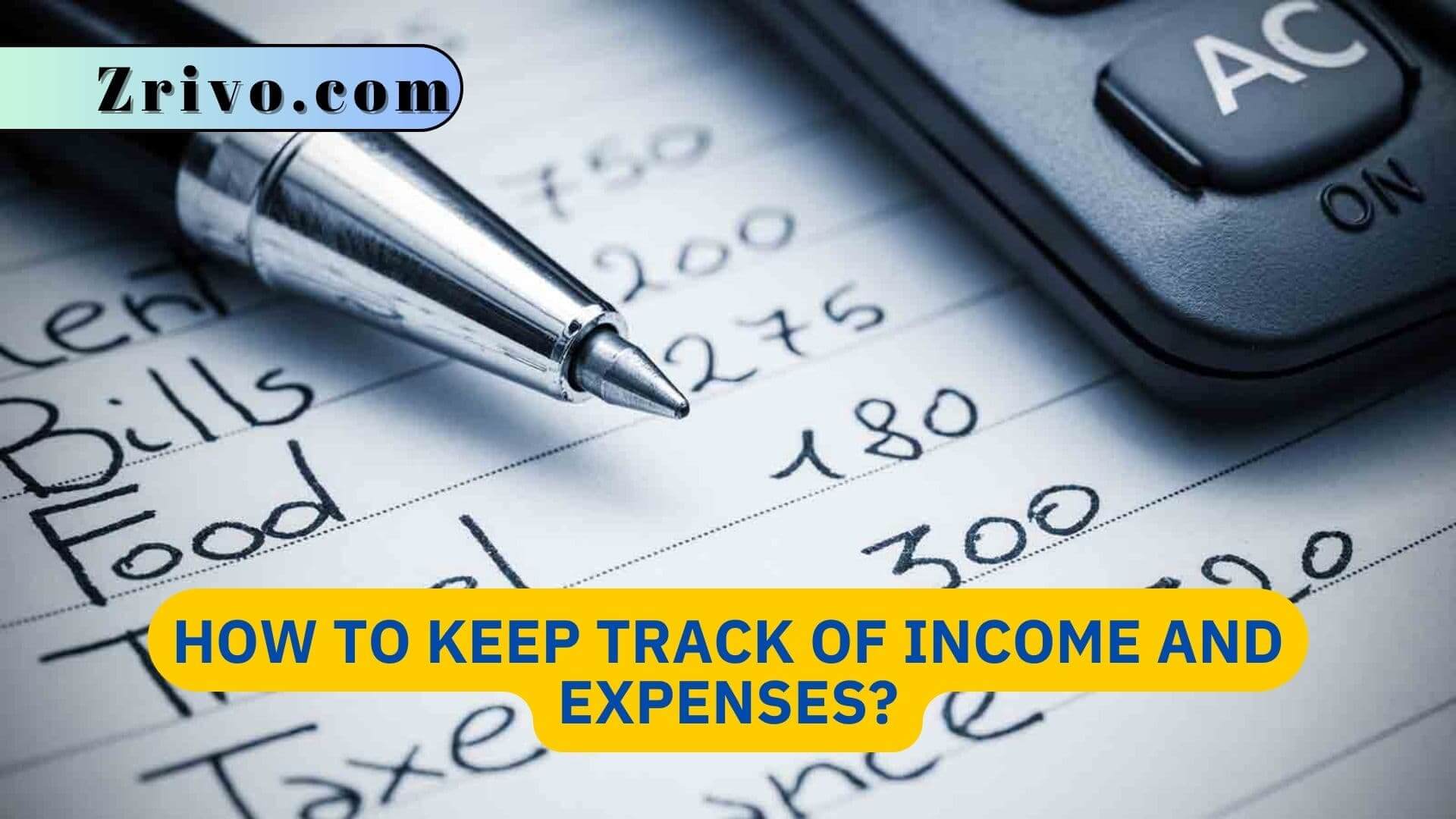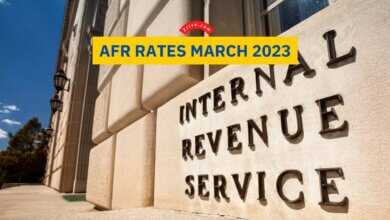How to Keep Track of Income and Expenses?
Tracking income and expenses is an important first step to getting your financial house in order. It helps you understand your relationship with money and identify problems like overspending, recurring debt payments, or unnecessary spending habits.

Contents
Keeping track of your expenses and income is an important part of budgeting. It helps you see where your money is going and identify places to cut spending. It also allows you to set financial goals and monitor your progress. Whether you use an online tracking app, a spreadsheet, or just pen and paper, the most important thing is consistency. Make it a daily habit to log your transactions and refer back to them. Remember to include important information like the date, amount spent or gained, and expense category with each entry.
Most people keep their income and expenses in a checking account. The balance fluctuates everyday as money comes in (paychecks and other income) and money goes out (bills, daily spending). It’s a good idea to check your bank balances frequently, especially when you’re tracking expenses. This way, you can catch mistakes that may be made by your financial institution. Also, you can observe business trends to help plan responsibly for future expenses. You can also write off business expenses to reduce your taxable income.

10 Tips for a Better Financial Life
- Create a Budget: Start by creating a monthly budget that outlines your expected income and expenses. This will serve as a guideline for managing your finances.
- Separate Personal and Business Finances: If you have a business, it’s crucial to separate your personal and business finances. Maintain separate bank accounts and credit cards for each to avoid confusion.
- Track Income: Keep a record of all the income you receive. This includes paychecks, freelance earnings, rental income, and other income sources. Use a spreadsheet, financial software, or a dedicated app to record the details, such as the date, source, and amount of income.
- Record Expenses: Track all your expenses by recording them regularly. This includes bills, rent/mortgage payments, groceries, transportation, entertainment, and other expenditures. Save receipts or use digital tools to capture them for accurate records.
- Categorize Expenses: Categorize your expenses to better understand your spending patterns. Common categories include housing, transportation, utilities, food, healthcare, entertainment, debt payments, and savings. Customize the categories to fit your specific needs.
- Choose a Tracking Method: Select the best tracking method for you. Options include using a spreadsheet (e.g., Microsoft Excel or Google Sheets), financial software (e.g., Quicken or Mint), or mobile apps (e.g., PocketGuard or Expensify). Explore different options and find one that suits your preferences and lifestyle.
- Regularly Update Records: Make it a habit to update your income and expense records regularly. Set aside time at least once a week or month to enter the data accurately. This will ensure you have up-to-date information and allow you to make informed financial decisions.
- Review and Analyze: Regularly review your income and expense records to gain insights into your financial situation. Analyze your spending habits, identify areas where you can cut back, and evaluate if you’re meeting your financial goals.
- Automate Where Possible: Take advantage of automation tools to simplify the tracking process. Set up automatic bank feeds or credit card transactions import to reduce manual data entry. Some financial apps also offer expense-tracking features that can streamline the process.
- Be Consistent and Stay Disciplined: Consistency is key when it comes to tracking income and expenses. Make it a habit and stay disciplined with your record-keeping efforts. Over time, you’ll develop a clear picture of your financial health and be better equipped to make informed financial decisions.

Ways to Keep Track of Business Expenses
In order to ensure you claim your maximum tax deductions, it is important that you accurately track business expenses. This can be done using various methods, from creating an Excel spreadsheet to using expense tracking apps. No matter which method you choose, it is important that you keep receipts for all business purchases. These receipts can then be used to create an expense report.
If you are a small business owner, you know that keeping records of all expenses is a necessity. In fact, the IRS requires that you keep all paper receipts and other documents for at least three years. It is a good idea to organize all of your receipts in binders or filing folders and to label them with the date and purpose of each purchase. You can also use an accounting software app to scan and store receipts digitally. These apps can also be linked to your bank accounts, making it easy to track expenses and income. They can even provide year-to-year reports, which can help you identify and correct errors.

Ways to Keep Track of Rental Expenses
Money coming in from a checking account, credit card, PayPal, cash envelope, or an old-fashioned piggy bank should be tracked. Tracking expenses is an important part of running a business, and it’s especially important for landlords who own rental properties. Keeping detailed records of expenses allows landlords to maximize tax deductions and determine whether they made or lost money for the year. Landlords should keep all receipts and invoices related to their rental property business, including payments from tenants and expenses incurred in maintaining the property. They should also save any documents that prove they paid interest on mortgages or other loans related to their rental property investments.
Keeping records by hand or using personal finance software programs can be simple and convenient. Some programs even include pre-selected categories, so it’s easy to get started right away. However, if you want to make the process of tracking expenses faster and more accurate, it may be best to use a landlord expense tracker. These tools can automatically reconcile your bank accounts, digitize receipts and invoices, and provide reports that include income, expenses, and profit and loss statements.





